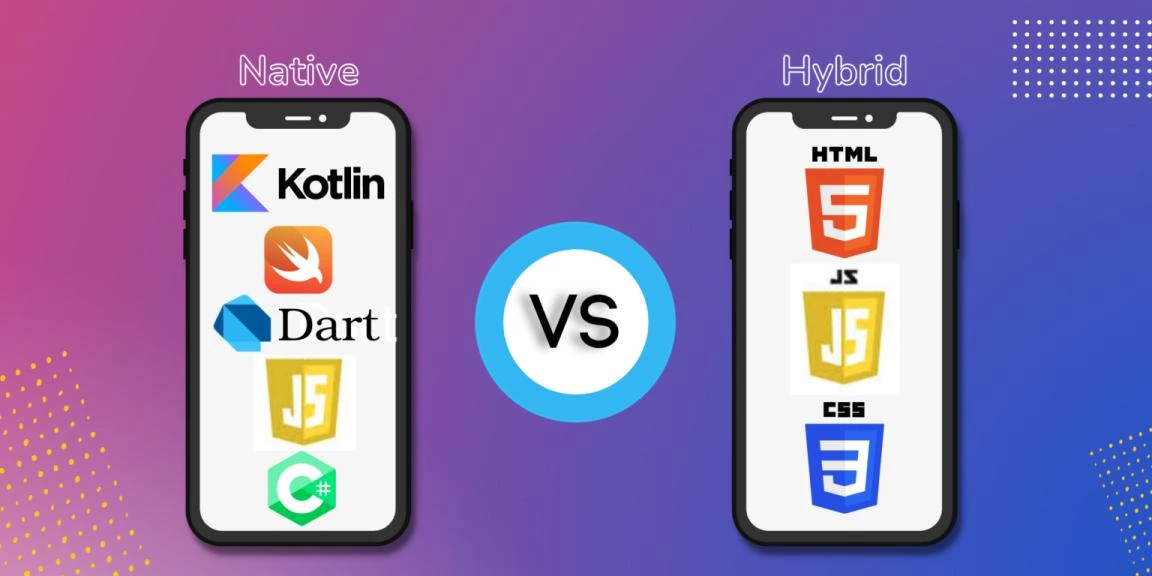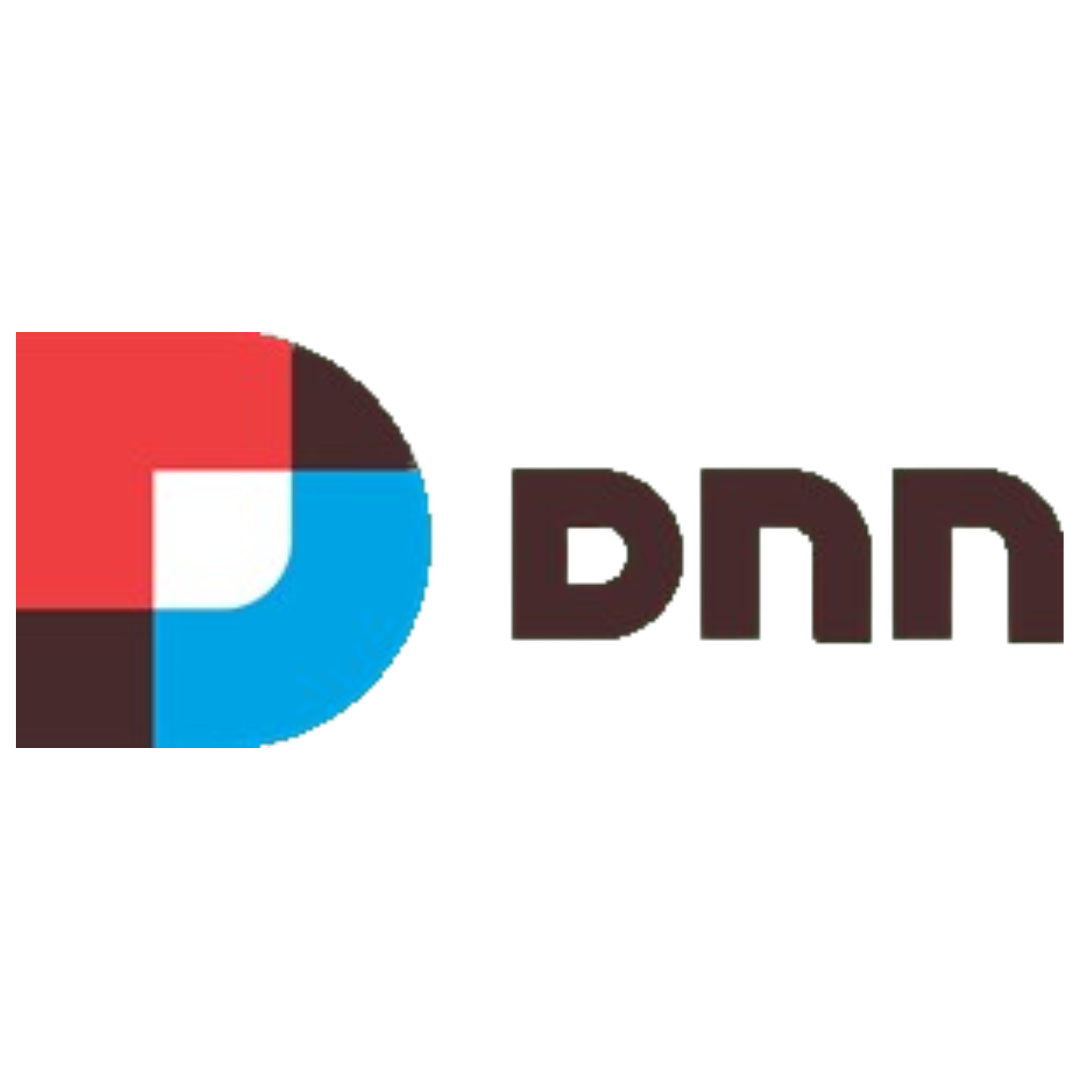
Hybrid Versus Native App
Mobile Applications are no longer just the tools of sales, productivity, and entertainment. They have changed dramatically in the past few years, evolving into complex pieces of software, that go beyond the conventional benefits, and therefore the need for a Native mobile app Development Company is on the rise. While some of these advantages are visible and easily measurable via analytics there are others that are discreet but nonetheless help brands and enterprises grow consistently.
A word of caution though –
If your app does not provide leverage to your business, in any form, it makes little sense to develop one. However, it is simply not possible for any business to not benefit from a mobile application. In case you have decided to build one, the next obvious step would be to look out for an App Developer. Fiverr, Freelancer, Upwork, Angel List, PeoplePerHour, Hired are some of the avenues which you could exploit.
Last but not least in the above list is a hybrid mobile app Development Company. While the list provides individual app developers, opting for an agency would mean hiring a dedicated and highly experienced team. The advantages and disadvantages of each are beyond the scope of this blog. The choice depends on your business development team. Once the choice is narrowed down, the next step would be to decide on the type of mobile application. This typically boils down to Hybrid Versus Native.
Native versus Hybrid App Development –
It is important to understand the difference and distinctions between the two. Each variant has its own set of pros and cons. However, before knowing the benefits and shortfalls of Hybrid and Native apps, we first need to understand the difference between the two.
Hybrid Apps
To put it in simple words, a hybrid app is typically web software packaged within a unique app shell. It is this wrapper that allows apps from this category to be deployed along with multiple platforms and operating systems. Interestingly, it requires a single source code to run on various devices.
Native Apps – Two Distinct Flavors
iOS or simply iPhone Operating System is proprietary software of Apple, Inc. iOS apps are typically built with XCode, a rapid Integrated Development Environment. These apps are native to iOS and therefore can only operate on Apple devices such as iPhones, iPads, iPods, etc. However, Apple also has a slew of other Operating Systems for its other products such as Desktops and laptops, Watches, and TV, and therefore apps built with XCode can also function on these devices seamlessly. Interestingly, Objective-C and Swift are some of the popular programming languages exploited to build iOS native apps. While the former is an object-oriented programming language the latter is the compilation-based programming language. We will talk about native versus hybrid app development later in this blog.
- Android App development
On the other hand, Android is Google sponsored Operating System. It is open-source, free and therefore several device manufacturers embed it in their devices; ranging from mobile phones to tablets, from televisions and smart wearables.
Its IDE … the Android Studio is based on IntelliJ IDEA. The two most popular programming languages used in Android app development are Java and Kotlin. While the former is typically used to build Native mobile apps, the latter is exploited for cross-platform applications. Incidentally, Kotlin is supported by Google and recommended for Android app development.
Let us now look at the pros and cons of both these development options –
Advantages of Hybrid Mobile App –
- Rapid Development
One of the most noteworthy advantages of the Hybrid mobile app is its rapid development. This is possible because a single codebase works for both Android and iOS platforms. Developers typically write code for one platform and then reuse most of this code for the other. It saves time, money and therefore allows developers to build app rapidly.
- Lower Development Costs
As mentioned above, Hybrid app development uses just a single source code or codebase. This translates into immense cost savings. Businesses can save as much as 30% by investing in Hybrid apps. On the flip side, some of the essential customizations and maintenance costs dilute these savings.
- Target Larger User Base
If your app is targeted towards users who belong to Android as well as iOS devices, it makes sense to build a hybrid app. By satisfying just one section of device users you could harm your business, and therefore it is essential that you grab a larger market through a Hybrid app, and for this, you need a dedicated hybrid mobile app development company.
- Frameworks – Support for Cloud Services
Hybrid development is a perfect option for Productivity and enterprise apps, especially if you plan to integrate them on the cloud. Modern cloud-based frameworks such as Ionic, Titanium, and PhoneGap allow developers to enhance and upgrade the look, feel, and functionalities of such apps through ready-made plugins already present on the servers.
Disadvantages of Hybrid Mobile App –
Performance
One of the major disadvantages of Hybrid app development is sluggishness, especially in enterprise-class or multi-feature, multi-function app. However, this slowness is almost invisible in routine apps. So, if your business is looking for state-of-the-art performance and if you are planning an app that will be exploited by a large number of users, and that too for intense operations then Hybrid is not for you.
SDK & App UpdatesAnother major disadvantage is the delay in updating the apps when Google or Apple tweak their operating system. These tech giants typically offer updated development kits for native apps quicker than their hybrid counterparts. This may increase downtime and your app may suffer compatibility issues for a brief period.
Cross-platform Variation –Cross-platform or Hybrid apps demand intense testing. This typically happens because of the wide range of Operating Systems, their versions, and flavors, and also the number of devices that are available. There is bound to be design and operational inconsistency. The idea is to target the limited number of variations and not get into the debate of native vs hybrid app development.
3D & HD LimitationProductivity and Ecommerce apps do not require a graphic-intensive environment. However, gaming and entertainment apps rely on memory and graphics for a highly satiating experience. Hybrid apps have limits, and moreover, they may perform differently on different devices. However, third-party tools are available to overcome this issue.
Native Feature LimitationThere is a limit to what you can embed in a Hybrid app. This is because the development frameworks do not provide all the resources, libraries, or functionalities synonymous with Native app development.
Advantages of Native Mobile App –
PerformanceUnlike Hybrid app development, the Native mobile app development option provides all the bells and frills. It simply means that developers are offered a string of intuitive SDKs, libraries, premade functions, reusable codebase, etc. These dedicated tools embed high-performance features in a native app. Moreover, these apps hog less memory, battery and therefore have minimal effect on the life of a device.
DevelopmentA dedicated native mobile app development environment allows developers/agencies to focus on integrating a single codebase. These are optimized to make the development process a hassle-free chore. Moreover, productivity too increases because of the absence of multi-code, multi-platform testing.
Highly Scalable & SecureScaling Native app features is easy and rapid. Even if the device’s Operating System is upgraded the app still performs at optimal levels because it has already been tweaked accordingly. A native app typically utilizes the device’s security parameters and its inherent robust code to prevent hacking, phishing, and software breaches. Native apps, therefore, tend to be much more scalable and secure.
Offline WorkabilityMost of the native apps allow access to basic features in case of internet lapse/breakdown. This simply means that a user can continue with the task. The offline feature of Native apps is a boon for users who are located in difficult terrains and geographies.
User Experience and Feature Rich AppsBecause a native mobile app is focused on a single platform / Operating System, its SDKs allow developers to exploit all the inherent features of the device. This results in an app that is feature-rich, performance-oriented, and extremely user-friendly in terms of Interface and design elements.
- Testing & Deployment –
Testing and deployment are much faster and easier than Hybrid apps simply because of a single Operating System and limited target devices. It also means quick approval from Apple Store / Play Store. Yet another advantage is deployment. Users can blindly install it because it is a dedicated, single Operating System app.
Disadvantages of Native Mobile App
App Cost & MaintenanceA native app as the name suggests is software that is a resident of a particular environment. This could be Android or iOS. Building a couple of variations will mean paying twice for the same app. This increases the cost of building and as well as the cost of maintenance. Moreover, with every tweak in the Operating Systems and SDKs, the relevant apps also need to be recompiled/restructured. This will increase downtime.
Code ReusabilityUnlike Hybrid app code, a native code can only be interpreted within a single environment. So, building an app for another platform would mean writing fresh code. Code reusability in native mobile app development is almost non-existent.
SkillsetsIf the apps are built in-house, then you will need to hire different teams for different platforms. This will increase manpower, and thereby cost. On the other hand, even if you hire an agency it will still translate into extra cost because a different set of skillsets are required.
Synching Updates & CoordinatingSynching updates and coordinating the release of apps based on different platforms can be tedious and a hassle. It requires resources, time, and a perpetual check for any malfunction or coding errors.
Conclusion –
The final call on the type of app that your business needs will typically depend on the following –
- Target audience. Are your users Apple loyalists/enthusiasts or maybe they are typically a group of people who believe in open source / free software? In case your users belong to the former category then you need to build a native mobile app.
- Number of Users – Do you have a large number of Android users and very few iOS subscribers? If that is the case, then focus on launching an Android app first.
- Intense productivity/enterprise/gaming apps are best developed on a native platform. Here the numbers don’t matter. As a business entity, you will need to offer native variations.
For most enterprises, the hybrid option works well. In case you are looking for a top-of-the-line mobile app development agency in Mumbai, India, get in touch with Exavibes, a hybrid mobile app development company. They are highly responsive, affordable, and exploit state-of-the-art development tools.
You can also visit related blogs:


































































comments for "An Interview with Exavibes Services"
Leave a Reply